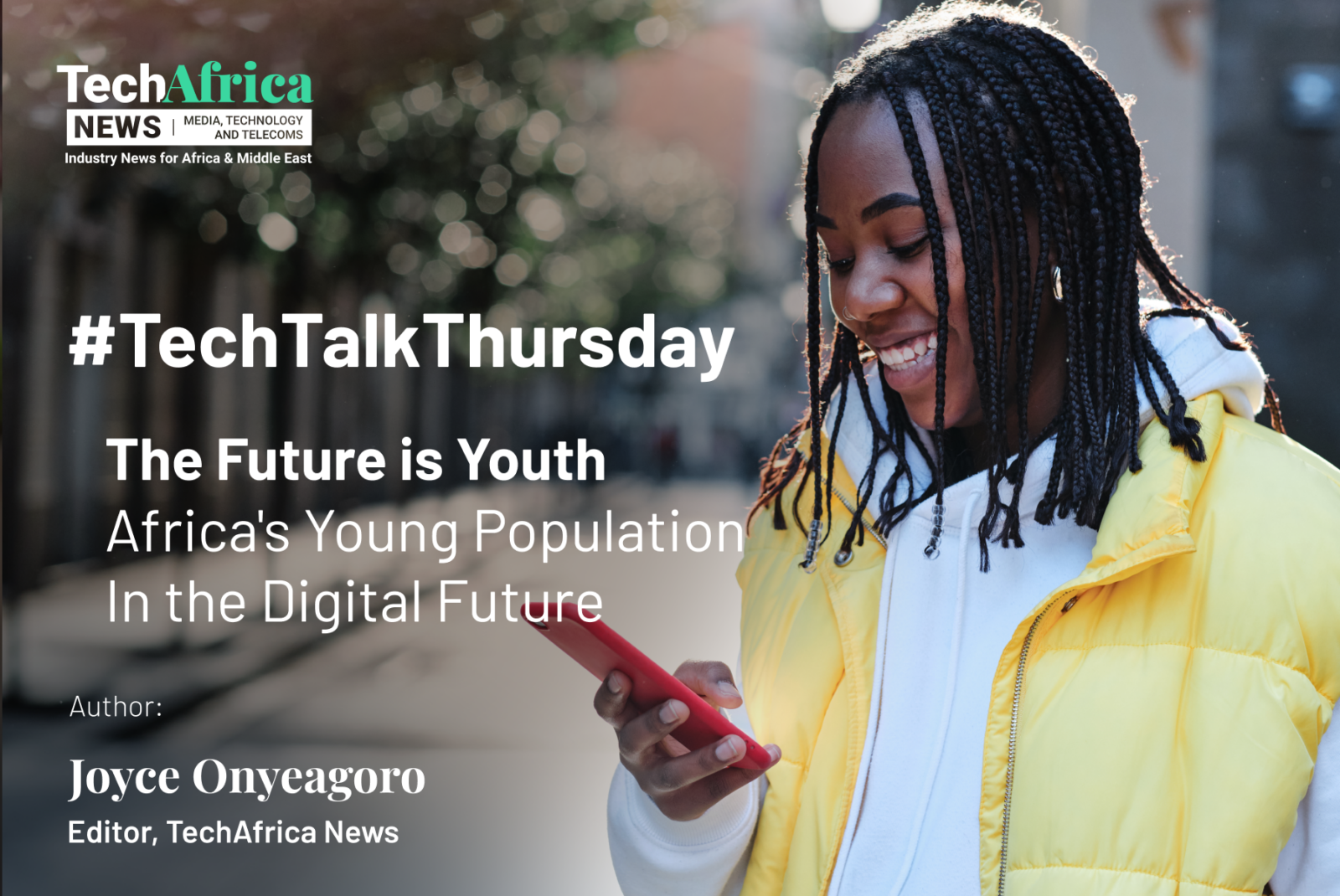The 2021 Shaping a World of Trust virtual business conversation, hosted by Bureau Veritas, emphasized the need for collaboration between government, companies and customers if Africa was to meet sustainability goals, protect against cybersecurity and improve intra-Africa trade.
Sustainability: Combating the effects of climate change
During the Fostering a Sustainable World session panelists agreed that sustainability was no-longer the purview of research. As climate change makes itself felt it has become everyone‘s business from consumers, to companies, investors and governments.
„For companies to have good intentions about sustainability is no longer sufficient. They have to be able to prove they are walking- the-talk, and this is done through certification.“
Marc Roussel, Senior Vice President Bureau Veritas (BV) Africa
He pointed out that BV, a global testing inspection and certification company, was assisting clients assess their environmental impact at every step of their supply chain.
„In Africa sustainability must include inclusivity so everyone is part of rewriting the future. Companies need to value the good behaviors and initiatives of employees who are also citizens and carry the sustainability message to others“.
Jean-Claude Lasserre, Africa CEO Saint-Gobain, a world leader in building materials
The Energy and Petroleum Regulatory Authority (EPRA) Kenya Director General Daniel Kiptoo implied that the private sector was far more agile in researching and implementing new sustainable energy concepts even though they needed to work in collaboration with Governments.
“Private entities require the much needed political goodwill to support innovations in the private sector.“
Daniel Kiptoo, Kenya Director General, Energy and Petroleum Regulatory Authority (EPRA)
Marc Roussel suggested that sustainable goals could be achieved within an organization by defining the ideal target and different levels of participation so everyone clearly understands what is acceptable and what is not; and everyone from employees to customers can play their role.
Bureau Veritas was also working closely with developers of innovative green solutions, where third party design testing and approval was required as a first step to eliminate as far as possible long-term risks and mistakes. An example was the recent release of a principle approval for a new offshore floating solar platform.
War against cyber criminals: Mitigating enterprise risks
“With a 350% increase in ransomware attacks in the past year, along with an increase in phishing and social engineering, everyone needed to understand their cybersecurity risks.”
Clayton Kyd, head IT & IS Africa, Bureau Veritas
“The biggest risk for all businesses is not understanding their cyber risks, safety management and having a backup plan to ensure the company recovers quickly from a cyber-attack.”
Amit Roy, Atos head of Cybersecurity Practice for Middle-East, Turkey and Africa
Roy pointed out that the convergence of IT, Internet of Things and cloud computing were also adding to the complexity of cyber security and it was vital to have a defined plan for this convergence.
Ironically for a business conversation on Shaping a World of Trust, in order to do this, companies needed to implement a Cyber Security strategy that allow the identities of users to be continually verified. One aspect of this would be identity access management.
Getting support and the budget to undertake a gap analysis and put in place a strategy and training to prevent and overcome a cyber-attacks is always an issue.
In bigger companies this can be motivated by quantifying the loss associated with an incident. However, in small businesses a cyber-breach and loss of intellectual property could mean the end of the business. At the very least, small businesses should put in place fundamental checks and balances and keep a backup off site. Subscription services to monitor and help protect small businesses were also available.
Challenges with cyber security include companies being unable to benchmark their boundaries that need to be protected; lack of awareness of cyber security and lack of user education and cyber skills to design a risk management strategy.
Although cyber security is everyone’s issue it is not treated like that in business. It is not a software or hardware matter only. It requires the alignment of processes, people and technology, access management control and the resilience to recover quickly, post a cyber-attack.
African Continental Free Trade Area Agreement
The African Continental Free Trade Area Agreement (AfCFTA) focuses on phasing out the tariffs on 90% of goods exchanged between African countries; eliminating non-tariff barriers; the definition of rules of origin and a deal on customs cooperation and trade remedies.
While the agreement holds enormous potential to increase intra-continental trade from the current 16% to around 60%, it comes with challenges that need political will to overcome.
For Babajide Sodipo, Senior Manager African Union/AfCFTA Relations and Trade Policy at Afrexim Bank, the agreement offers such a transformational opportunity for the continent that it has to be implemented despite the challenges, which include language and culture barriers, different legal systems and lack of capacity to understand and implement the trade agreement. AfCFTA is not a magical tool. It is a legal agreement and countries have to clean up their business environment, increase productive capacity to make it work.
“The goal of AfCTFA is clearly in-line with the World Trade Organization’s best practices and will harmonize rules and standards across the 37 signatory countries.”
Jean-Michel Perret, Bureau Veritas Government Services Director Southern Africa
Partnerships between the public and private sector could help governments successfully overcome the challenges of AfCTFA. For example the implementation of a single window platform automates, optimizes and dematerializes customs processes, thereby eliminating many of the risks of a manual system.
“The challenge for manufacturers exporting across Africa lay in the standards, achieving quality and productivity as well as overcoming language barriers.“
Florence Muleya Chief Executive, Zambian Association of Manufacturers
While AfCFTA held enormous potential for Zambian manufacturers the devil was in the nitty-gritty details. Achieving the agreement’s ideals would require co-operation, with large companies assisting smaller companies to overcome their challenges.
“For manufacturers to achieve better intra-African trade they firstly needed to understand the regulations of the country of export and secondly find the right service provider with a network across the continent which can manage not only the logistics but also the regulations or specific rules in each country, and the different languages, such as French.“
Emmanuel Zanino, Managing Director Zalawi White Horse Carriers, Bolloré Group
Kuseni Dlamini, Chairman of Massmart Holdings, a pan-African retail company, was upbeat about the agreement. Africa had an opportunity to learn from other continental trade blocs and the possibility existed for Africa to become a first world regional bloc. He pointed out that it was imperative for companies to invest in Africa’s youth as they were the future of companies in the continent.











